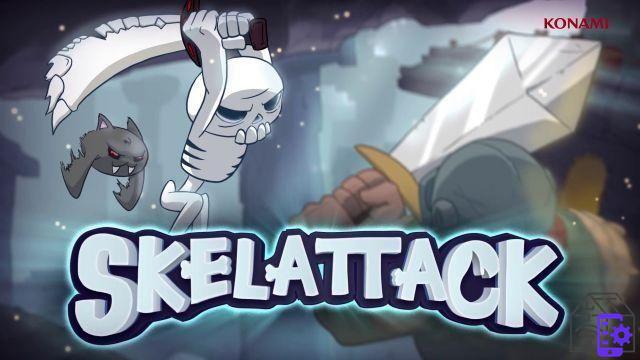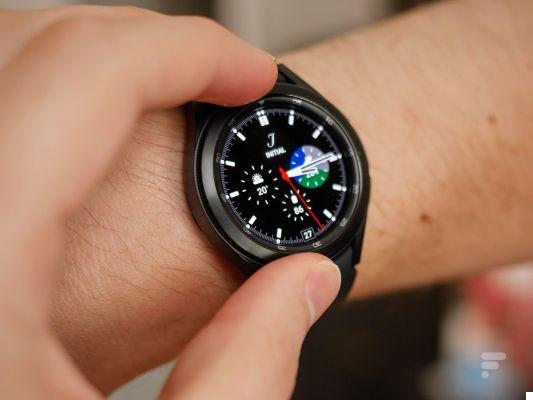A sensational news story, a journey into the abyss of an insidious and livid story, which has disappeared from the historical memory of a nation that after twenty years has had to deal with its own ghosts.
Between 1997 and 1998 sixteen children between the towns of Massa Finalese and Mirandola, in the province of Modena, were expelled from their families, accused of being part of a sect of pedophile Satanists. Sixteen children, taken away from their families forever and transferred to protected locations, tell psychologists and social workers real horror stories. Retracing the chronicle of a traumatic and painful story, forgotten and repressed for years, Pablo Trincia together with Alessia Rafanelli gives us a shocking, courageous story, the son of an investigation that lasted years, consisting of pressing writing and a dry and lucid look, forced to move on often treacherous terrain.
The format is podcast, Poison, in seven episodes published on the de The Republic, which was followed by the book published by Einaudi and docu-series distributed by Amazon Prime Video, and the result is a product capable of creating a sense of vertigo, in which it becomes difficult to identify and identify what exactly the truth is. From the history of Devils of the Lower Modena area five distinct criminal trials resulted, which had different outcomes, the upstream result of which was the dissolution of entire families. A murky and prismatic story we talked about with its author and narrator, Pablo Trincia.
The interview with the author of Veleno, Pablo Trincia
What convinced you to want to try your hand at such a complex investigation?
“I already wanted to do this experiment, which is to immerse myself in a story and get into it, instead of spending a week or ten days in it and then moving on to something else. This story completely sucked me in: I am still reviewing the proceedings after six years. After Davide's interview, the world is calling me: new testimonies, new people, new data. Obviously I go on, even if I don't know how to write it anymore, it is already out on all formats. Maybe I'll put it on Facebook ".
“I wanted to find a story to immerse myself in and this story sucked me in here; it is a very beautiful and necessary experience for those who do our job, get their hands dirty and enter a story, stay there, get to know it, so I did and it became an obsession ".
Did you have a hard time finding someone to publish it?
“In the beginning it was impossible, nobody wanted it. I proposed it on the radio, online newspapers. Then at a certain point I changed the format and I proposed it as a book, as a TV series, they all said no, when it was okay, when it wasn't okay they didn't even answer me. Nobody believed it, they said that pedophilia is a topic that doesn't work. I tried to explain that pedophilia was not the true center of the story but memory, family relationships, relationships, distances, justice, there are so many issues that we cannot reduce everything to sexual abuse ".
Pablo Trincia tells us about Veleno: from podcast to TV series
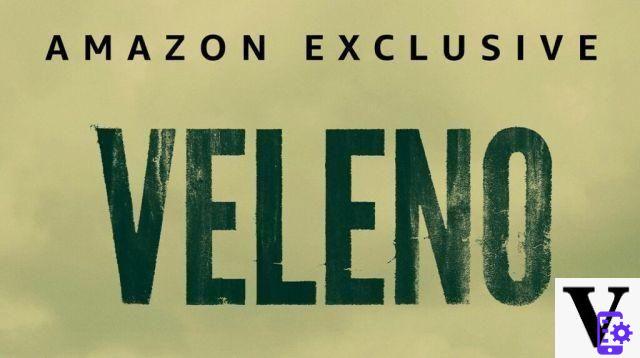
The shape and assembly
“I studied a lot i American podcast. Poison is a television product like structure; the structure of Poison is that of Breaking Bad., we have adopted that model or pre-theme, theme and then the episode with the cliffhanger, with a final twist, at least for the single points. As a series, we knew we had to create a switch within the course of the series, then initially make an impression then create a reversal. Our goal is for everyone to listen to the whole series and all the episodes until the end ".
“You get this when you create a narrative switch that overturns the story, when you lose all references and no longer feel the earth under your feet. This was the effect we wanted to achieve, to have no more points of reference because that's exactly what this story is, a story in which at a certain point the points of reference are lost, where everything is worth and no longer worth anything. We wanted to recreate this sense of lightheadedness. Also because it is different from other stories, in which the cause-effect relationship exists, in which everything is very logical, here there was nothing logical ”.
"The radio is heard, the podcast is listened to. Many people have written to us telling us that they have listened to everything, that they have understood it. The fact that it has been published in multiple formats allows you to deepen: the amount of information is great ”.
Was there more incompetence or bad faith in the authorities that handled this case?
“Everyone believed in this story, and they believed it was like that. If there was bad faith it took over later; it was difficult to believe at a certain point that those things were true, not because they could not happen, but because there was no confirmation, there was no logic, they were stories that contradicted each other all the time, that had no connection, not there was uniformity. If the idea was to select only the elements that interested, doing the so-called cherry picking, to confirm a version or an idea, then you can behave like that ”.
“There are some things that you cannot really know by now, because if the investigations are conducted in that way it no longer makes sense to ask questions about the truthfulness; it is necessary to rely exclusively on the evidence, and those elements did not stand, there was no certainty that those children had been abused from a medical point of view, the experts found that it is not possible to know, there are indicative data that can to mean how they may not mean ”.
“I was based on what was said, on what was demonstrated, I never got out of this paradigm, I never tried to understand if the story could have happened, it's not something you can know. What we do know is that the investigations were conducted in such a way that a lady, mother of a family, who sent her children to catechism, who was a volunteer at Unitalsi, a devout Christian, found herself accused of Satanism with zero evidence. . Children were pushed away, they were divided, entire families were blown up ".
Pablo Trincia: Poison, memory and truth
“All this happens because an ideology has been snaking for years that has crossed continents, from the United States to Europe, which is the ideology behind these psychologists, these professionals. There was a former honorary judge of the Juvenile Court of Bologna who in an interview declared that in every city there is a satanic sect, in every Italian city: but where is the proof? "
“This person is part of that group, of that network, this makes you understand that when a person believes in these things it is a bit as if he were only looking for what supports his thesis. Then it happened in the Lower Modena area, but it also happened in Brescia, it happened in Bergamo, it probably happened in Bibbiano, in Salerno. It is something that emerges everywhere in all eras, it is a phenomenon that however does not respond only to historical-geographical laws or to those coincidences ”.
Before and after Poison
“The work of investigation is a work that concerns the future, it does not concern only the past, it searches in the present, it searches in the future, it moves through three dimensions, three temporal spaces. Even today I have to hear from people who are contacting me about that period and wanting to tell me new things, and I go on, because now this is everyone's story, it's everyone's inquiry, which is what I always wanted. . My big dream was that this story would become everyone's story; I didn't want you to be the only one to take care of it, I wanted everyone to take care of it well, with care and attention ”.
“Poison is as if it had determined a before and an after. For me it's just like the story continues like a stream; Poison means phone calls with people, with the guys who contacted me, with whom we remained friends, we feel very often. Poison will continue, I don't know in what format. There will be other things, I don't know in what form, but as long as I am contacted and find out things I will publish them and write about them ”.
Poison Tagspodcast Interview with Pablo Trincia: Veleno, from podcast to TV series






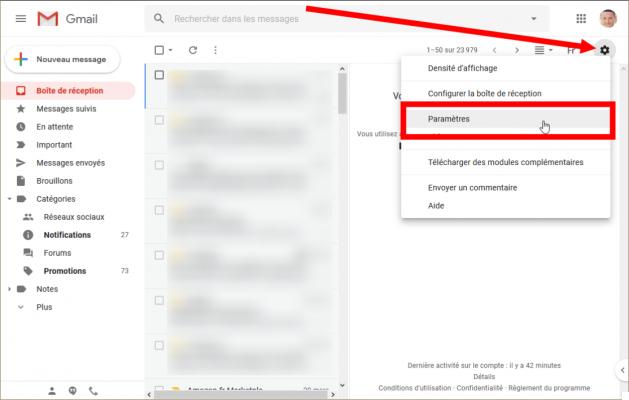
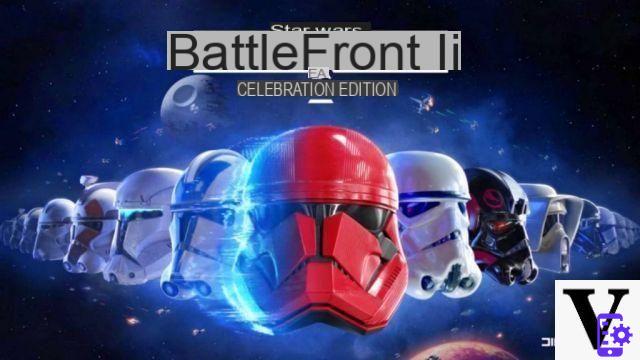




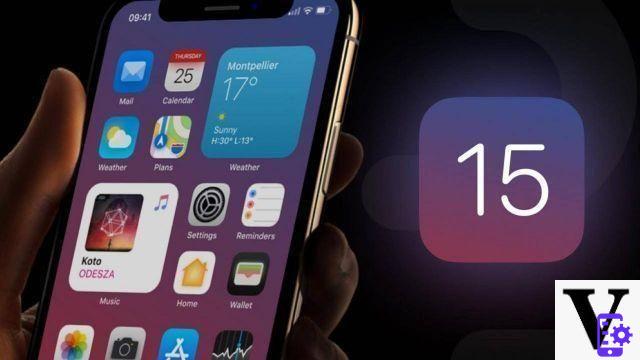

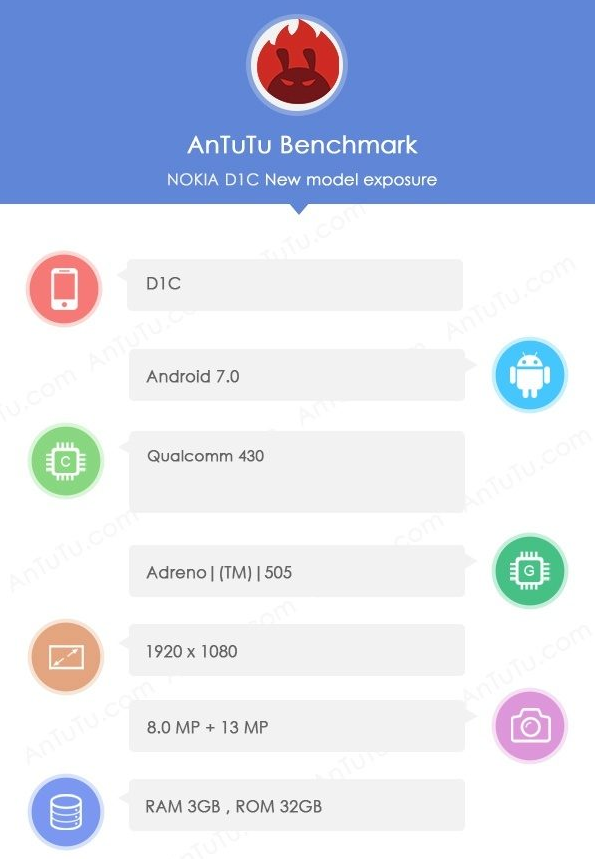


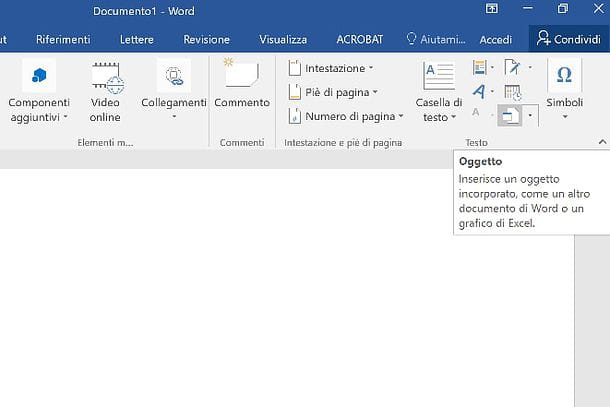
![[Review] Samsung Powerbot VR7000: the robot vacuum cleaner from Star Wars](/images/posts/6bc44de38605b5c0fa12661febb1f8af-0.jpg)




